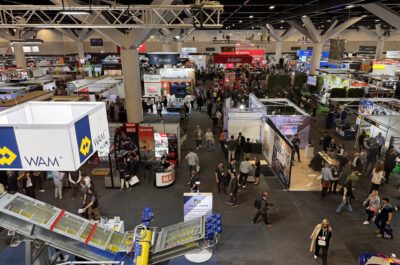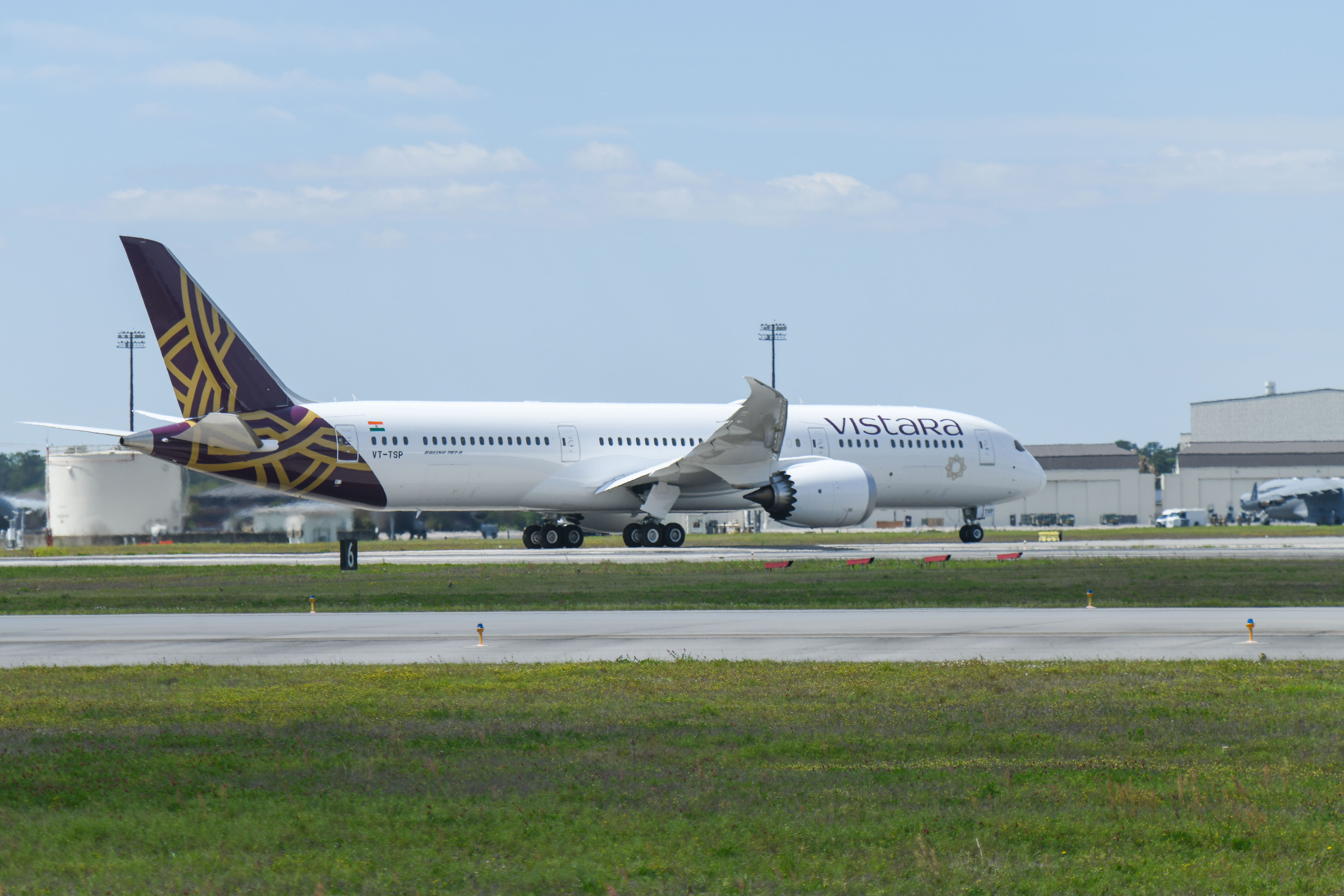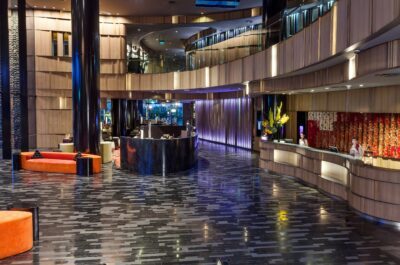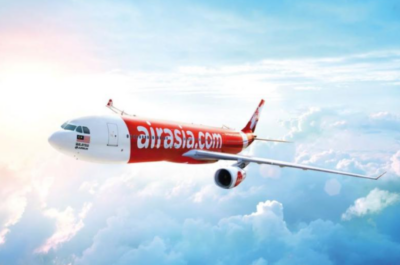The serviced apartment sector is proving one of the early beneficiaries of increased corporate confidence as early 2010 sees a resurgence in business travel. Paul Constantinou, Chairman of Quest Serviced Apartments, says his franchisees are already seeing an increase in the number of corporate organisations seeking serviced apartments for their travelling executives…
The serviced apartment sector is proving one of the early beneficiaries of increased corporate confidence as early 2010 sees a resurgence in business travel. Paul Constantinou, Chairman of Quest Serviced Apartments, says his franchisees are already seeing an increase in the number of corporate organisations seeking serviced apartments for their travelling executives.
“Already these accommodation options are attracting increased patronage in 2010 and make up the fastest growing sector in the industry. Quest bookings are solid for the first quarter of the year which suggests despite the turn in the economy, companies are still trying to avoid over spending where possible. Serviced apartments provide that value for money.”
The 2009 freeze on lending lead to an undersupply of accommodation options for the business sector. Banks made it difficult to get developments underway which created increased competition between corporate and leisure travellers for accommodation.
While some accommodation operators faced challenges securing finance to build new properties to meet the under supply, Quest has opened 19 new serviced apartment complexes over the last 18 months. “We have another eight in various stages of construction which will all be opening within the next 12 months,” Mr Constantinou said.
Some accommodation operators will face hurdles when re-negotiating rates that were slashed as a result of the GFC. Dynamic (or variable) pricing had been in full swing for nearly five years when the GFC hit. The high demand for accommodation meant large accommodation providers were able to charge inflated room prices.
As prices soared, corporate customers working with budgets forecast twelve months earlier were left with no choice but to book corporate travel on a week by week basis. Doing so meant competing with other corporate and leisure travellers to secure the limited supply of over-priced last minute accommodation. Softening financial conditions in 2009 saw companies and individuals pull back on travel. Hotel prices reacted and heavy discounts followed right throughout the industry.
Australia’s increasingly positive business climate will see confidence return to the accommodation industry in 2010. Most hotel operators will face challenges re-negotiating heavily discounted rates that were introduced during the GFC. The undersupply of accommodation and an industry wide employee shortage will also need to be carefully navigated.
Quest has never subscribed to the dynamic pricing model, something the company believes has given them a distinct advantage over competitors in 2010.
“We believe it’s important to treat the business market separately to the leisure market. In doing so we miss the benefits at the height of the industry, but we’re committed to fostering loyalty by looking after the corporate world regardless of market conditions,” Mr. Constantinou said.
Tatiana is the news co-ordinator for TravelDailyNews Media Network (traveldailynews.gr, traveldailynews.com and traveldailynews.asia). Her role includes to monitor the hundrends of news sources of TravelDailyNews Media Network and skim the most important according to our strategy. She holds a Bachelor degree in Communication & Mass Media from Panteion University of Political & Social Studies of Athens and she has been editor and editor-in-chief in various economic magazines and newspapers.




























































































